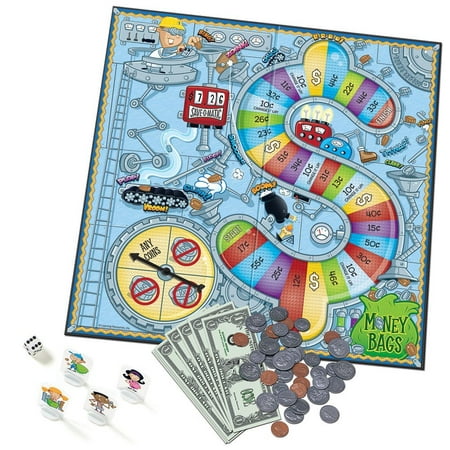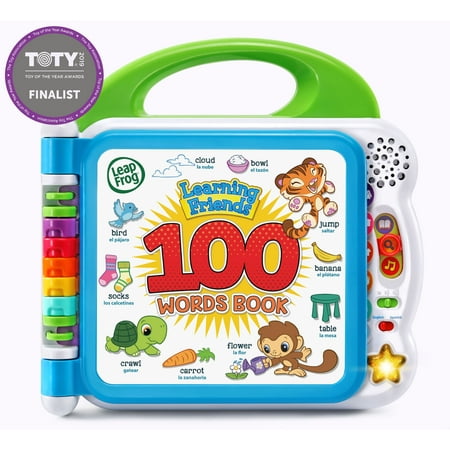Carson Dellosa – Basic Sight Words Flash Cards – 102 Cards for Phonics, Beginning Readers, 1st Grade Cards, Ages 6 and up
Master first, second, and 1/3 grade abilities with Basic Sight Words flash cards. This 102-card set includes ninety eight sight words and also includes an advantage recreation card for extra getting to know amusing. Each card measures 3” x five.87” and functions a rounded nook for immediate and smooth flipping. This set is ideal for buying your little one equipped to study via offering extra practice with excessive frequency phrases which can be tough to sound out. Studying with flash playing cards increases concentration and improves bear in mind. Flash playing cards are a attempted and real way to have a look at correctly. These are a super supplement to workbooks, worksheets, and take a look at lessons.


• These can be used as evaluate cards or for innovative a laugh games that permit children to play and analyze.• Flash cards also allow children to expand wondering, choice-making, turn-taking, and social abilties.• Flash cards are an high-quality way to introduce new abilities, support memorization, and aid right have a look at behavior.• Use those within the study room or at home; flash playing cards are the best addition to homeschool materials.





Reviews
There are no reviews yet.